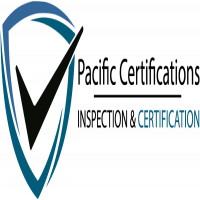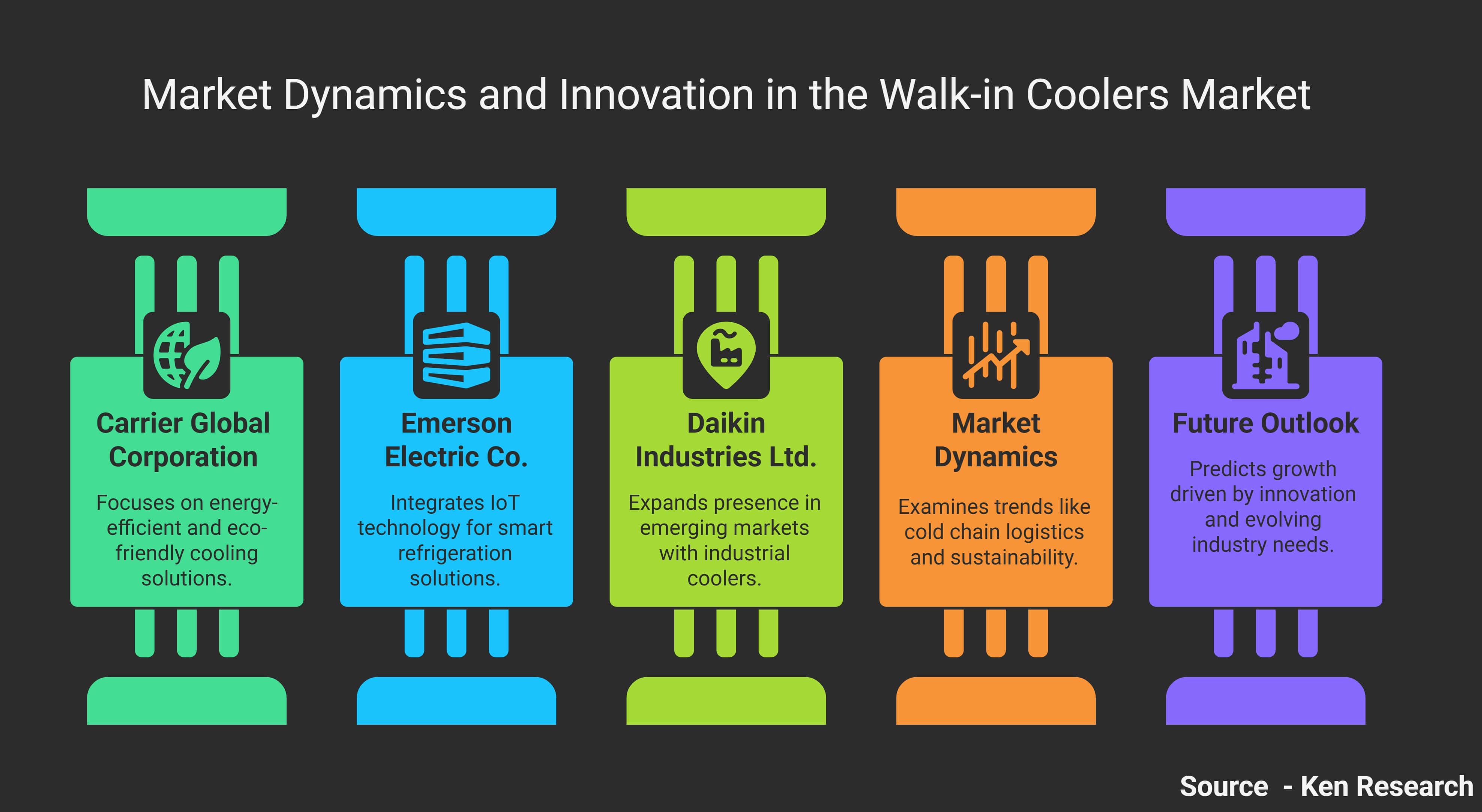ISO Certifications in Kuwait and How Pacific Certifications can help

Strong 8k brings an ultra-HD IPTV experience to your living room and your pocket.
Kuwait, a significant player in the global oil industry, has been increasingly focusing on diversifying its economy. As businesses in various sectors seek to enhance their operational efficiency, quality management, and environmental sustainability, ISO certifications have become a crucial element in their strategic growth.
Common ISO Standards in Kuwait
ISO 9001:2015 — Quality Management Systems: 2015 helps organizations ensure that their products and services consistently meet customer and regulatory requirements.
ISO 14001:2015 — Environmental Management Systems: This standard is essential for companies aiming to enhance their environmental performance, comply with regulations, and achieve sustainability goals.
ISO 45001:2018 — Occupational Health and Safety Management Systems: Focused on improving employee safety, reducing workplace risks, and creating better, safer working conditions globally.
ISO 27001:2022 — Information Security Management Systems: Critical for organizations looking to manage the security of assets such as financial information, intellectual property, employee details, and information entrusted by third parties.
ISO 22000:2018 — Food Safety Management Systems: Applicable to all organizations in the food chain, ISO 22000 ensures food safety and quality from farm to fork.
ISO 50001:2018 — Energy Management Systems: Helps organizations manage and reduce energy use and costs, improving energy performance and sustainability.
ISO 13485:2016 — Medical Devices Quality Management Systems: Essential for companies involved in the design, production, installation, and servicing of medical devices and related services.
How Pacific Certifications Can Help with Audit & Certification
We at Pacific Certifications, specialize in providing auditing and certification services to help organizations in Kuwait achieve and maintain ISO standards.
Our role is:
We conduct thorough audits to assess your compliance with relevant ISO standards, identifying areas of improvement and ensuring all requirements are met.
Upon successful completion of the audit, we issue ISO certifications that validate your adherence to international standards, enhancing your credibility and market reputation.
To ensure continuous compliance, we conduct regular surveillance audits, helping you maintain your certification and continuously improve your management systems.
Market News and Trends
The demand for ISO certifications in Kuwait is expected to rise significantly due to the following trends:
Sustainability: Companies are increasingly adopting ISO 14001 and ISO 50001 to align with global sustainability goals and reduce their environmental impact.
Cybersecurity and Data Protection: With the rise in cyber threats, ISO 27001 certification is becoming a priority for organizations aiming to safeguard their information assets.
Health & Safety: The importance of occupational health and safety has never been higher, driving the adoption of ISO 45001 across various sectors.
Food Safety: The food industry continues to emphasize ISO 22000 to ensure the safety and quality of food products in the supply chain.
ISO certifications are vital for businesses in Kuwait aiming to improve their quality, efficiency, and sustainability.
We are dedicated to providing thorough and professional audit and certification services to help your organization achieve these international standards, contact us today at [email protected].
Read More: ISO Certifications in Kuwait and How Pacific Certifications can help
Requirements of ISO Certifications in Kuwait
Each ISO standard has specific requirements that organizations must meet to achieve certification. Below is an overview of the requirements for some of the most sought-after ISO certifications in Kuwait:
ISO 9001:2015 – Quality Management Systems
Understanding the internal and external issues that can impact the quality management system.
Identifying the needs and expectations of interested parties.
Commitment from top management to establish a quality policy and objectives.
Roles and responsibilities clearly defined.
Addressing risks and opportunities.
Setting quality objectives and planning to achieve them.
Ensuring resources are available.
Competence, awareness, and communication within the organization.
Documented information required for the quality management system.
Planning and controlling the processes needed to meet product/service requirements.
Establishing criteria for the processes and implementing controls.
Monitoring, measurement, analysis, and evaluation of the quality management system.
Conducting internal audits and management reviews.
Addressing nonconformities and taking corrective actions.
Continual improvement of the quality management system.
Note: IndiBlogHub features both user-submitted and editorial content. We do not verify third-party contributions. Read our Disclaimer and Privacy Policyfor details.







